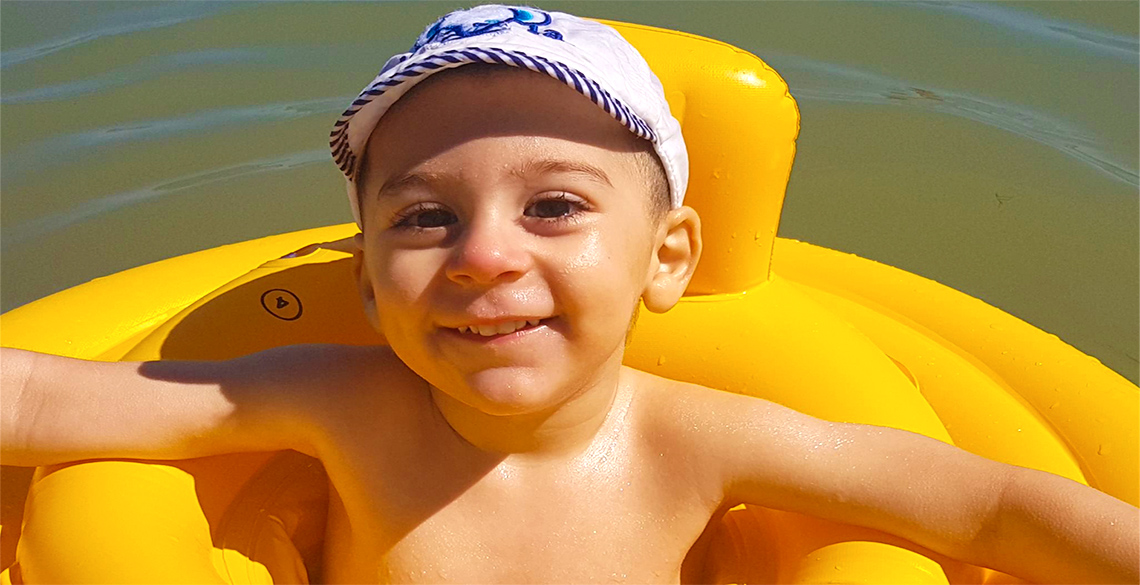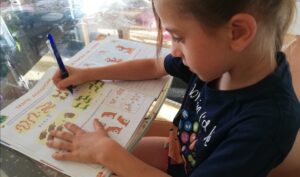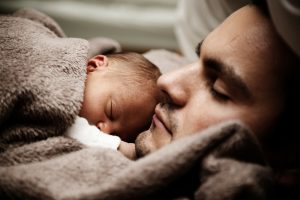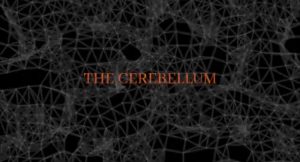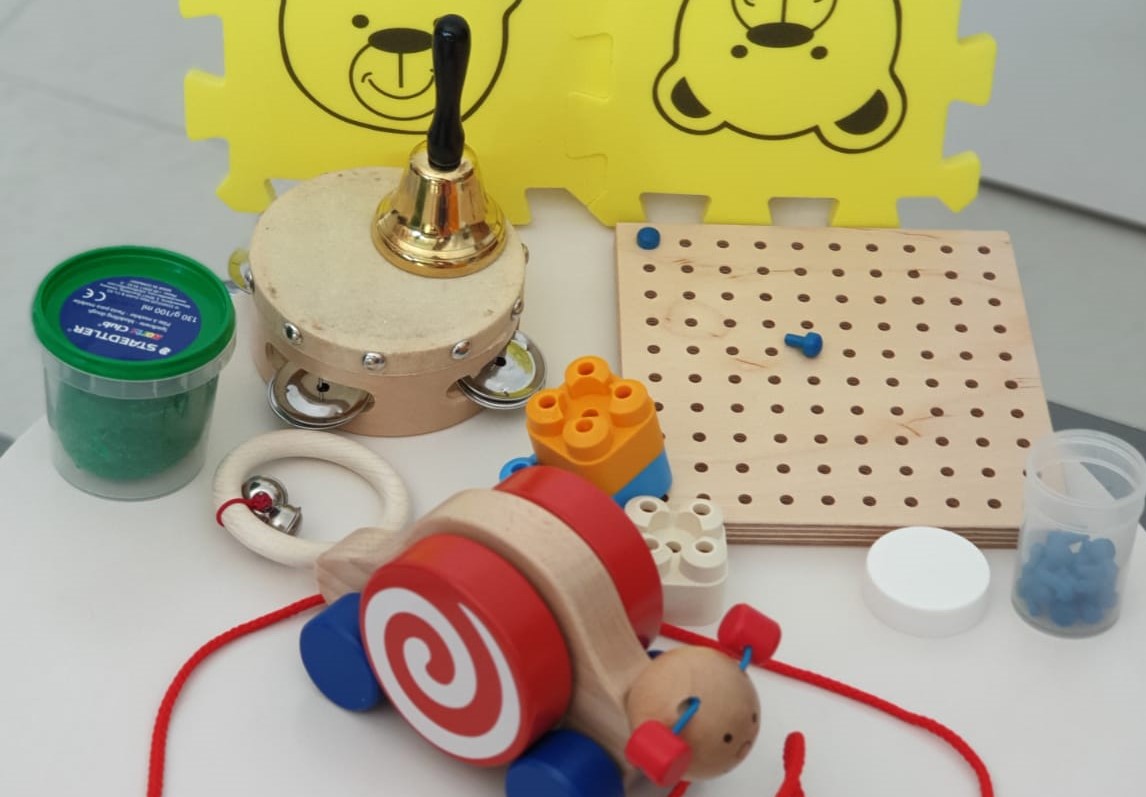My name is Francesco and I am the father of Tommaso, a lively boy who is always ready to crack up. Tommi (spelt with “i” ) is two years old and suffers from a bad disease that has broken my legs and my heart: cerebellar ataxia and thinning of the optic nerve.
In short, he suffers a serious psychomotor retardation and he risks blindness as time goes by. It’s difficult for him to coordinate his movements and we don’t know if he will ever be able to communicate properly. He suffers ipotonia to his lower limbs and his feet wander freely for several different reasons.
The one thing no one seems to be able to give away is his intellect, in fact nobody can tell how long Tommi will be lucid, we’ll have to live and learn. At present, he seems to be very clearheaded, though a little thick sometimes. Nothing too serious, anyway. We realized that something was wrong quite early, but no pediatrician listened to us. It’s foolish but we had to turn to 4 different doctors to finally find one who would listen to us, unfortunately at that point one year had already passed.
We saw that Tommi didn’t keep up with children of his age, his movements were strange, unusual. Despite this, we always had the same answer: “children have different paces, you mustn’t compare them. Tommaso is fine, there’s nothing wrong with him, he’ll catch up fast.” Yes, of course. After the first neuropsychiatric check, the diagnosis of cerebellar ataxia and the useless satisfaction of being right (we could have lived without it…) our painful journey began. A road paved with different and contrasting opinions, rushed diagnoses and many other things i can’t even think about right now without feeling frustrated, as they only made us waste an incredible amount of time.
Last year we ended up at Carlo Besta Neurological Insitute in Milan, and we uderstood that we were finally on the right track. Later this year, due to favourable circumstances, we came to know another excellent hospital, the Scientific Institute for Research Eugenio Medea, in Bovisio Parini (Lc). We have decided to trust them completely and we will move near Lecco soon. The Institute shares the building with the association “La Nostra Famiglia”, which manages all grades of schools and educational activities for children and teenagers with special needs, from kindergarten to working experiences. The association and the Research Institute work as a team and we hope Tommi will be able to be integrated in that context: the Besta institute will take care of his neurological development while Medea Institute will take care of his physical recover as far as possible.
HOW DO WE FACE CEREBELLAR ATAXIA DAY BY DAY?
Since i wasn’t brought up by my family, at least not in a traditional way, I spent much of my life as a grown up waiting for that moment when i could finally enjoy that relation, though from a different perspective. I was convinced that by being for my son the kind of father i had wished for myself I would have been able to experience those feelings all cubs enjoy when their father is there. I was sure I would have benefitted from it, by extention. So, it took me a while before being able to face the situation in the best possible way.
THE 100% DADDY STAGE My son needed me and I had to be there for him. I wanted to. Let’s arm up and I will attack!
THE SELFISH STAGE I wanted a son I could have an ordinary relation with, a relation we would have made special. And there I was, with a special son I would never be able to have a normal relation with. And I had been waiting for years…
THE STAGE OF STASIS A special needs child wants special attention which requires a special patience that I don’t have. (I am still working on it, to be honest, but i am making enormous progress, i swear)
THE ACCEPTANCE STAGE Acceptance happened all of a sudden. One day I woke up and all this special situation became my entire world, without even realizing it. Things had always been like that and they always would. What I’ve come to think is that my son was born exactly the way he should have. That’s the way he is. He’s Tommi, simply.
I am the one who is not ready, the one who must learn, because I wasn’t born “able” to take care of him. I am a healthy man yet a fully disabled father. His wonderful smiles will be my physiotherapy, his shrill cries will be my speech therapy, and his clumsy caress will be my neuro and psychomotricity.
This life is something new for the both of us but together we will get to know it, face it and sometimes score against it. You have to fight back sometimes. This doesn’t mean there won’t be difficulties or I won’t feel frustrated or wish to give up, it simply means that I used to complain of not getting what I expected but if I look closely at it I ended up by finding so much more than I was looking for.
I would sound self-righteous if I only mentioned the positive attitude that helps me keep going, because that clashes every day with the frustration of Tommi’s everyday failures, which I see as my failures.
Our simple everyday life some days turns into a a bad monster because it rubs the harshness of reality in our face with no mercy.
But in the end, the only thing that matters is the only certain aspect of all this, that we will fight together, Tommi, his mommy and I. We will face everything with a smile, the way Tommi has taught us. Because Tommi smiles all the time, always, and having him as a son and learning from him make me a lucky dad.
If you want to keep on following Tommi’s story…
